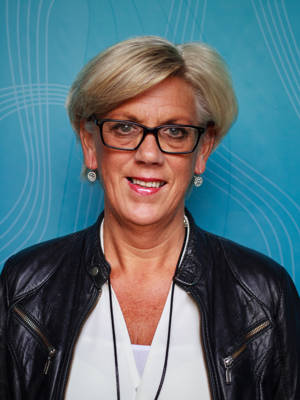The aim of the forum is to contribute to rapprochement between Greece and Turkey. The Forum consists of prominent citizens from Greece and Turkey who discuss key issues and project the ideas developed in Forum discussions into policy development and public debate in each country.
The Greek Turkish Forum started work in 1998 when relations between Greece and Turkey were at a particular low point. Relations deteriorated further the following year when PKK leader Abdullah Ocalan was arrested on his way from the Greek embassy in Kenya. Several unofficial bilateral organisations closed down at this time. The Forum's achievement was to continue meeting.
As Greek and Turkish relations improved in the summer of 1999, the Forum was able to contribute practical ideas for quick measures the two governments could take to extend and deepen contacts and co-operation.
In 2000 the Forum issued two public statements. The first outlined the basis of common interests on which co-operation could and should continue to build. The second explained a methodology for resolution of disputes over sea and air space in the Aegean. Both have been well received by official circles and have been used by Forum members in writing for the press in Greece and Turkey. In early 2002 the Greek and Turkish Foreign Ministers made public statements about using a mixture of political and legal means for resolving the Aegean issues, which is quite similar to the methodology proposed by the Forum.
In 2001, the work of the Forum focused on the Cyprus problem, which is the most difficult and most important issue dividing the two countries. The Forum's effort focused on developing a comprehensive view of the interests of the two governments in encouraging the parties in Cyprus towards an agreed settlement. In 2002, the Forum is convening a meeting with Greek Cypriots and Turkish Cypriots to discuss the regional dimensions of the Cyprus problem.
When the project began, PRIO worked with two other organisations, both based in London. The Royal United Services Institute hosted the Forum's first meeting and provided technical support and secretariat servcies thereafter; the Roberts Centre brought the participants together and worked with PRIO in preparing the agenda for each meeting. In addition, PRIO was responsible for facilitating the meetings. After three years both London-based organsiations withdrew. Local secretariats in Athens and Istanbul now look after the technical aspects of preparing meetings, while PRIO continues with agenda preparation and facilitation.






